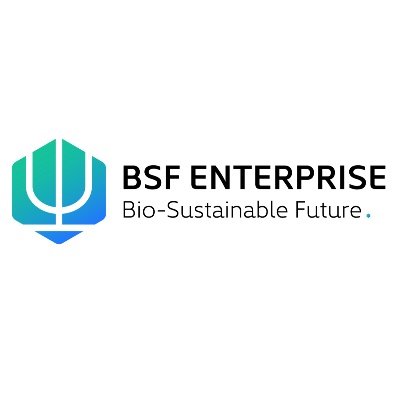The UK Food Standards Agency (FSA) is planning to update the authorisation process for novel foods in a bid to make it faster and more modern. Starting next year, changes will be introduced to improve the regulatory framework for market authorisations. These reforms aim to make approvals more efficient, especially for products like cultivated meat and those made using precision fermentation. During its latest board meeting, the FSA confirmed the creation of a new public register, which will replace the current requirement for a statutory instrument—a step that typically adds about six months to the approval timeline, which already spans more than two-and-a-half years. Following consultation with industry stakeholders and approval from the new Labour government, the regulator expects these changes to come into effect by early 2025.
This shift could benefit various stakeholders in the food industry while maintaining high safety standards. Notably, it also represents a step away from the EU-style regulations retained after Brexit, which the FSA suggests were not well-suited to the UK’s needs. Linus Pardoe, the UK policy manager at GFI Europe, expressed optimism about the changes, noting that British alternative protein companies might see this as a positive step towards streamlining the authorisation process, while still ensuring consumer safety. However, GFI Europe also highlighted the need for the UK to take even more ambitious actions to keep pace with global developments and urged the government to look at progressive regulatory models from other countries.
The proposed changes, originally put forward by the FSA in March, focus on “regulated products” such as feed additives, food flavourings, and alternative proteins. The regulator has proposed removing the renewal requirements for feed additives and food or feed containing genetically modified organisms (GMOs). Under the current system, products need to reapply for approval every ten years, which puts considerable pressure on the FSA’s resources, as about 22% of its current caseload involves renewal applications, with an additional 300 expected between 2025 and 2026.
The removal of the renewal requirement is intended to create a more proactive approach to food and feed safety, which will free up resources to focus on new authorisations, especially those for innovative products. Another significant proposal is to introduce a public register instead of requiring parliamentary approval through statutory instruments for novel foods. Removing this step is expected to accelerate the authorisation process by three months, allowing for the commercialisation of new products after ministerial approval.
Both proposals received substantial support, with around 71% of stakeholders agreeing with the plan to eliminate renewal requirements and 70% supporting the removal of the statutory instrument process. The FSA has stated that the reforms will make the regulatory system more efficient without compromising food safety standards, allowing consumers to access new and safe products faster. They also emphasised that these changes will allow them to focus on new marketing authorisations, including those for environmentally friendly products.
The regulatory adjustments come in the wake of progress made by London-based Meatly, the first European cultivated meat startup to secure regulatory clearance for its cultivated chicken products for cats and dogs. The approval was granted by the Department for Environment, Food and Rural Affairs. Other companies, such as Aleph Farms and Vital Meat, have also applied for cultivated meat authorisation in the UK, and Mosa Meat has expressed its intention to do the same. The FSA is keen to move beyond EU-inherited legislation, which they described as overly prescriptive and not always proportionate to the associated risks.
The agency has pointed out that its workload is expected to grow significantly, from 450 cases in March 2024 to 570 by March 2026. Without taking prompt action, it warned that it might be difficult to manage this growing workload, which could ultimately limit consumer access to new products. The FSA is also seeking government funding to create a regulatory ‘sandbox’ to facilitate the safety testing of cultivated meat. This initiative, backed by GFI Europe, could accelerate the understanding of the safety aspects of cultivated meat and is expected to be a part of the upcoming budget discussions.
While GFI Europe has welcomed the initial reforms, it has called for broader changes to modernise the UK’s regulatory framework for novel foods. Pardoe has emphasised that the government needs to quickly build on these initial steps, suggesting that an ambitious range of reforms is necessary to stay in line with rapid innovation. These could include providing clearer guidance for companies submitting applications, formalising the process for pre-submission consultations, and creating a system for pre-market tastings similar to those being developed in the Netherlands, which would allow companies to gather consumer feedback during product development.
BSF Enterprise plc (LON:BSFA), the owner of pioneering UK-based clinical and cellular agriculture company 3D Bio-Tissues, is unlocking the next generation of biotech solutions. It is achieving this through an acquisition-led growth strategy to drive the development of lab-grown tissues.


